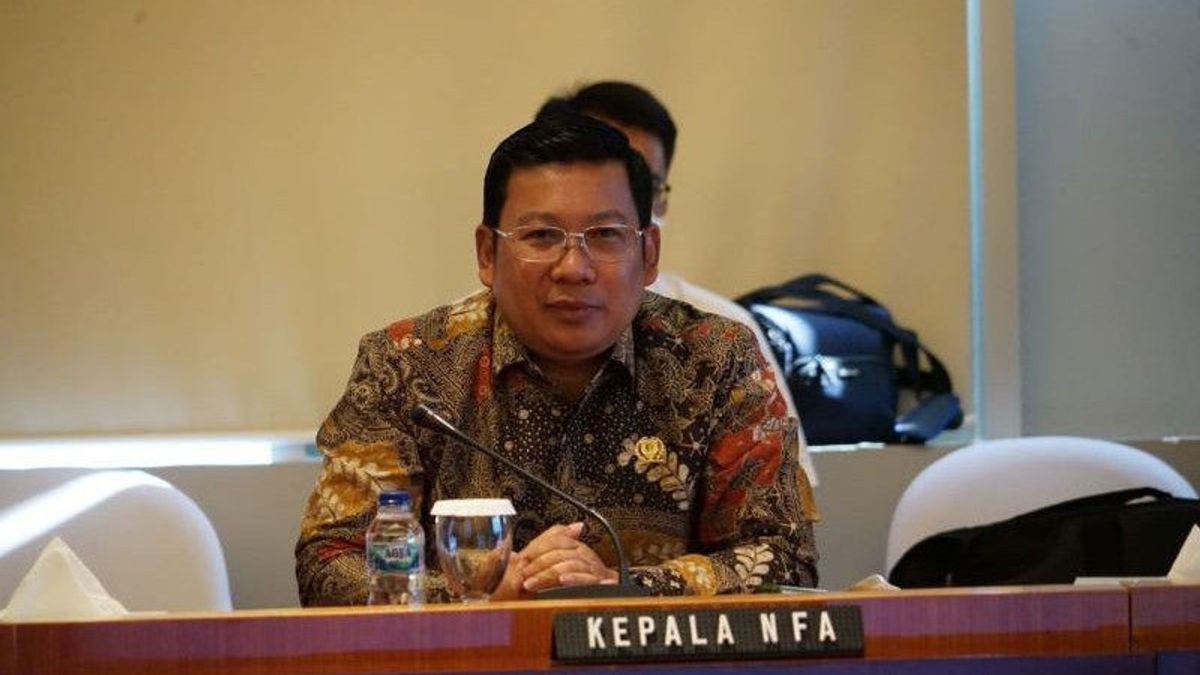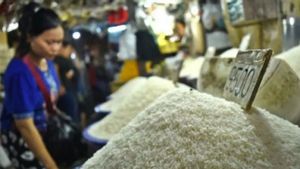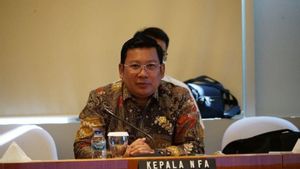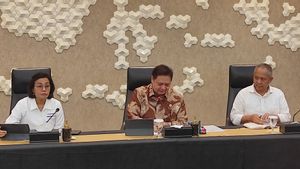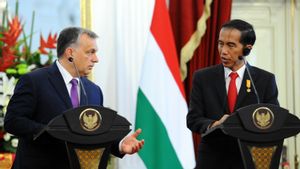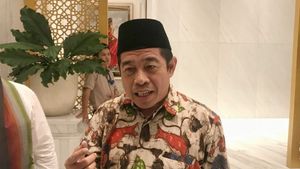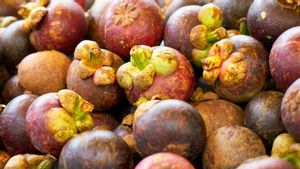The National Food Agency (NFA) encourages the acceleration of the realization of rice imports to keep the Government Rice Reserve (CBP) stock safe according to the government's target. However, this acceleration is carried out in a measured manner to maintain prices at the farmer level.
Head of NFA Arief Prasetyo Adi said the acceleration of the realization of rice imports was carried out to ensure the availability of safe rice to meet the needs of the community, especially low-income people.
"So today we are importing, but the importation is measurable because it keeps prices at the farm level above the production cost and margin of farmers. Prices at the farmer level should not fall, so farmers continue to be enthusiastic about producing," said Arief in Jakarta, Monday, November 13.
Furthermore, Arief said, the importation carried out by the government was only to fulfill the CBP stock that must be owned by Perum Bulog in securing supply stability and rice prices. The use of CBP is also only intended for government programs in the context of market intervention and assistance to the community.
"We make sure that the rice reserves must be above 1 million tons secured. This is the number one availability. If the price is downstream, of course, we will suppress it with efforts to stabilize the supply and price of food (SPHP). In accordance with the direction of Mr. President Joko Widodo, this rice food assistance program is also extended from December 2023 and next year we will also prepare it for food assistance until June 2024," said Arief.
Furthermore, Arief said the current development of CBP stock was disbursed at 1.3 million tons. As of November 13, the sources of CBP procurement sourced from within the country amounted to 912.5 thousand tons. Furthermore, the total CBP that has been distributed have reached 2.1 million tons in various forms of programs, including SPHP 885 thousand tons, rice food assistance for the first phase of 640,000 tons, rice food assistance for the second phase 537,000 tons, budget group 69,000 tons, and emergency response 2.3 thousand tons.
"Once again, the task of NFA is to calculate the national stock needs comprehensively and ensure that the availability has been sufficient or supplies are needed from other sources. Then if there is a price fluctuation in the community, we will continue to pour stock in the form of government intervention and rice food assistance to reduce prices," he said.
Arief said that CBP at the end of this year is targeted to be maintained at 1.2 million tons. Therefore, the National Food Agency will absorb domestic products at the time of the main harvest, which may be in May and June next year.
"This is because domestic production must be number one to strengthen stock availability," he explained.
The possibility of a postponement of the harvest season which will become in May and June due to a late planting period due to the dry season. However, Arief admitted that he was still optimistic that domestic production could strengthen CBP.
"So 70 percent of the rice plants are in the first half, then the second semester is the harvest remains. With that, the first half of the harvest must be successful, starting from the seeds, seeds, and water sources. We all want CBP sources to be strengthened from within the country so that farmers continue to be motivated to produce," said Arief.
اقرأ أيضا:
In the ASEAN region, continued Arief, Indonesia's rice production is indeed the largest. However, what must be pursued is the gap between production and consumption.
"Our budget for 2022 is around 1.3 million tons. With this year's national consumption needs of around 30 million tons, we should continue to boost domestic production," he concluded.
Meanwhile, the President Director of Perum Bulog, Budi Waseso, said that the acceleration of import realization continues to be boosted by Perum Bulog by increasing the number of destinations for the receiving port.
In fact, Budi said that his party was coordinating with Pelindo which served three shifts or 24 hours, so as to accelerate the unloading service on the rice ship in question.
"For the acceleration of the realization of rice imports, we immediately addressed 28 recipient ports throughout Indonesia. At first there were only 17 ports, but in the context of accelerating, we added 11 ports again, bringing a total of 28 recipient ports," said Budi Waseso.
The English, Chinese, Japanese, Arabic, and French versions are automatically generated by the AI. So there may still be inaccuracies in translating, please always see Indonesian as our main language. (system supported by DigitalSiber.id)
